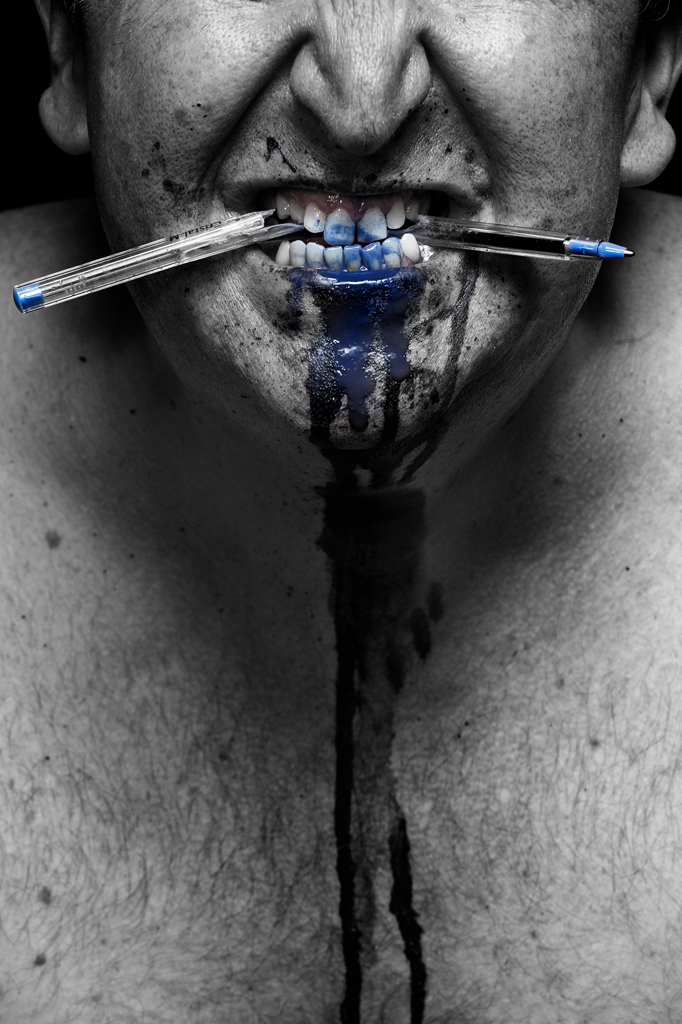Philip Glass gets his pen snapped in two Down Under
mainIf you write an opera and call it In the Penal Colony, there is a fairly reasonable chance it might get staged in Australia.
They can get a bit shirty about local history, though. Here’s the selling image for the Aussie premiere.
And here’s the press release:
SYDNEY CHAMBER OPERA presents:
IN THE PENAL COLONY by PHILIP GLASS
Based on a short story by Franz Kafka
In April, Sydney Chamber Opera will present an important first for Sydney: the Australian premiere of In the
Penal Colony, the first opera by Philip Glass ever to be staged in Sydney. Philip Glass, founding father of minimalism and cult icon of modern music, celebrates his 75th birthday in 2012. Famous for his wildly popular opera Einstein on the Beach, collaborations with Leonard Cohen and Mick Jagger,and film scores including Francis Ford Coppola’s Qatsi trilogy, The Truman Show, The Hours and Notes on a Scandal
(starring Cate Blanchett), Glass is a true iconoclast beloved by classical aficionados and avant-garde rock fans alike.
The opera In the Penal Colony is an adaptation of Franz Kafka’s dark and confronting short story of the same name, in which a distinguished visitor is brought to a strange place to witness an execution. The execution
is to be administered by a sinister machine… But not everything goes according to plan. The visitor does
nothing, and we as spectators are forced to ask: at what point does silence become immoral? When does nonintervention become a crime?





Comments